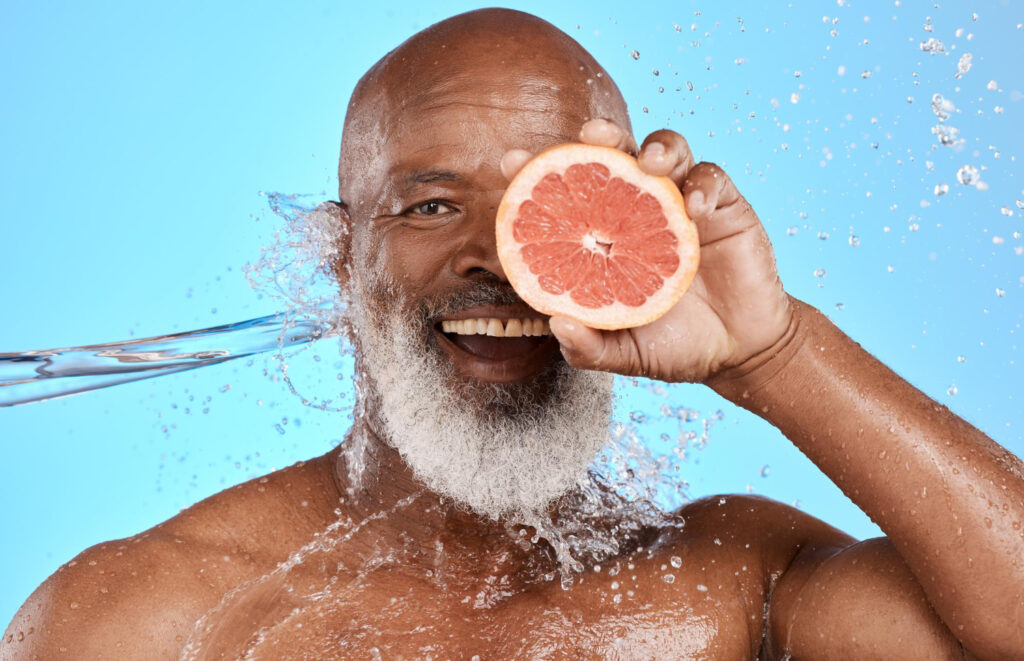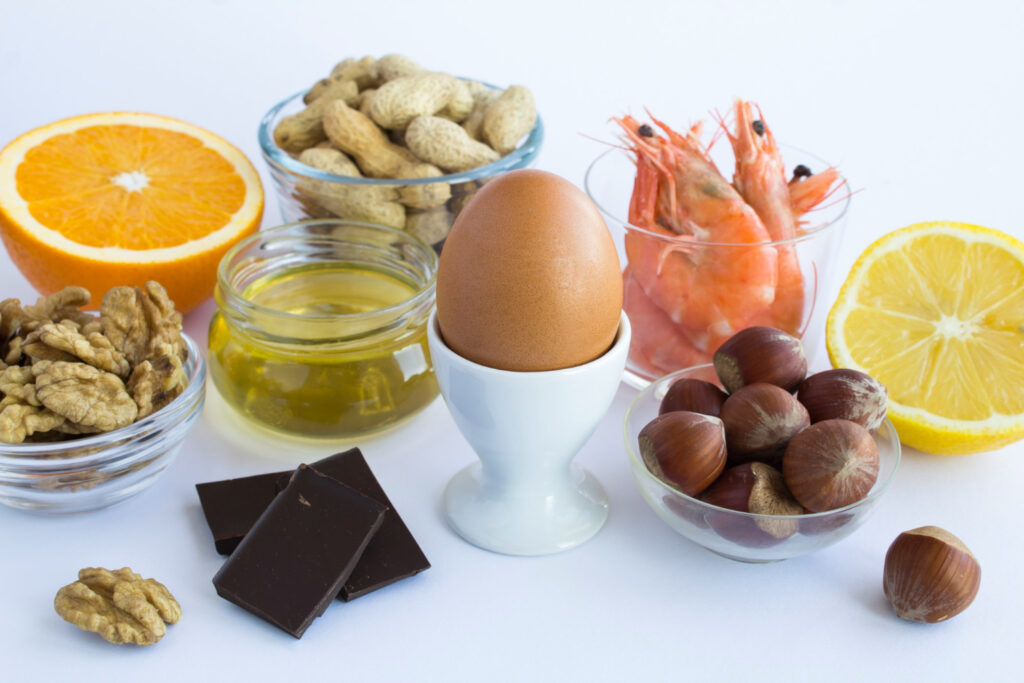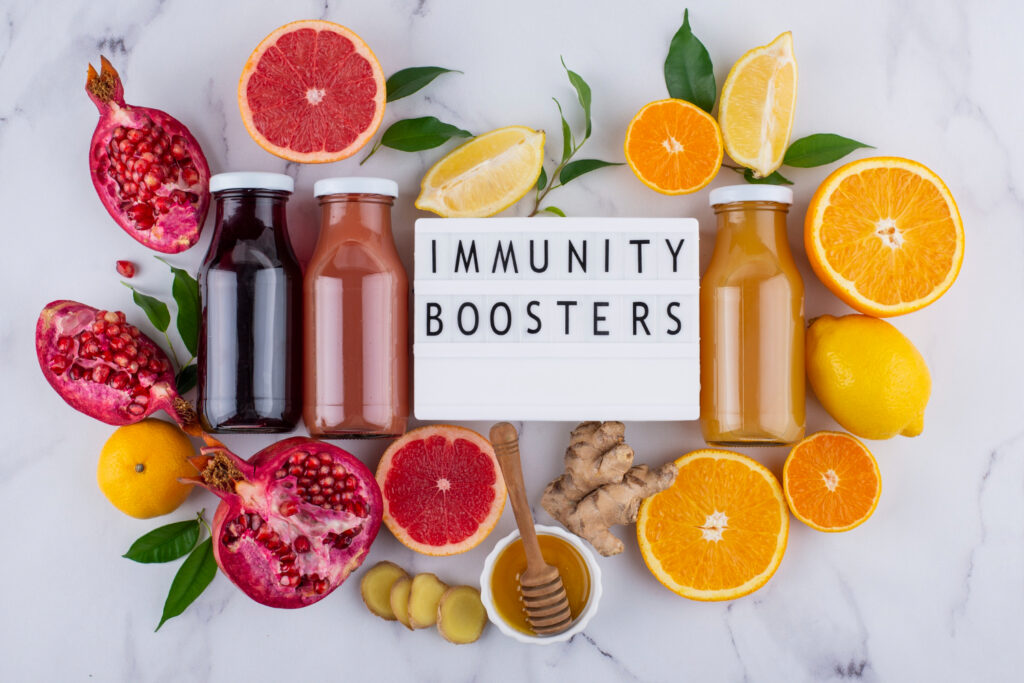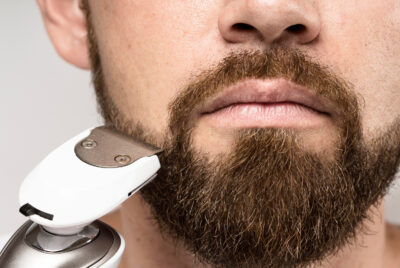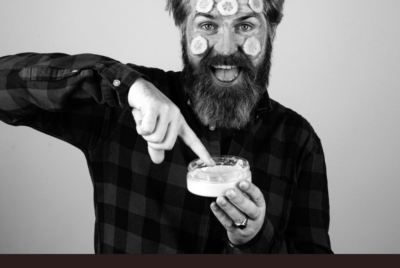Diet and Hydration
Introduction
When it comes to growing an impressive beard, many men focus solely on topical treatments and grooming routines. However, the foundation of exceptional beard growth lies in something far more fundamental: diet and hydration. These two critical factors work synergistically to create the optimal conditions for facial hair growth, turning your beard-growing aspirations into reality. Understanding the intricate relationship between what you consume and how your facial hair develops can be the game-changer in your journey toward achieving that coveted, luxurious beard.
The Foundation: Diet and Hydration in Beard Growth
At its core, facial hair growth is a biological process that relies heavily on proper nutrition and adequate hydration. Every strand of your beard is composed of proteins, and its growth is regulated by hormones that depend on various nutrients to function optimally. When you provide your body with the right combination of nutrients and maintain proper hydration levels, you create an environment where your facial hair can thrive.
Essential Nutrients for Beard Growth
Protein: The Building Block
Protein serves as the primary building block for hair growth, making it arguably the most crucial nutrient for beard development. Your body breaks down dietary protein into amino acids, which are then reassembled to create keratin – the protein that forms your beard hair. For optimal protein intake, focus on consuming lean meats such as chicken, turkey, and fish, along with plant-based proteins like quinoa, lentils, and chickpeas. Include eggs and dairy products for complete protein profiles, and aim for 0.8-1 gram of protein per pound of body weight daily.
Vitamins: The Growth Catalysts
Different vitamins play specific roles in supporting healthy beard growth. Vitamin A (Retinol) helps produce sebum, your skin’s natural moisturizer that keeps beard follicles healthy. Find it in sweet potatoes, carrots, dark leafy greens, liver, and egg yolks.
B-Complex vitamins, especially biotin (B7), are crucial for hair growth and strength. These can be found in whole grains, nuts and seeds, legumes, dark green vegetables, and fish.
Vitamin C helps produce collagen, which strengthens hair structure. Excellent sources include citrus fruits, bell peppers, strawberries, broccoli, and Brussels sprouts.
Vitamin D, known as the sunshine vitamin, plays a vital role in hair follicle cycling. Beyond sunlight exposure, you can find it in fatty fish, egg yolks, and fortified foods.
Minerals: The Hidden Heroes
Iron deficiency can significantly impact beard growth by limiting oxygen delivery to hair follicles. Boost your iron intake through lean red meat, spinach and other leafy greens, fortified cereals, oysters, and legumes.
Zinc is essential for hair tissue growth and repair. Find it in pumpkin seeds, oysters, beef, crab, and chickpeas.
The Importance of Hydration
While diet provides the building blocks, hydration ensures these nutrients are properly transported and utilized throughout your body. Proper hydration impacts beard growth through:
Nutrient Transport
Water serves as the primary medium for carrying nutrients to your hair follicles. Without adequate hydration, even the best diet won’t be as effective in supporting beard growth.
Cellular Function
Every cell in your body, including those responsible for hair growth, requires proper hydration to function optimally. Dehydration can slow down cellular processes and impact beard growth.
Toxin Removal
Adequate water intake helps flush toxins from your system, creating a healthier environment for hair growth.
For optimal hydration, drink at least 8-10 glasses of water daily, increase intake during exercise or hot weather, and monitor urine color (it should be light yellow).

Supporting Factors Beyond Diet and Hydration
Quality Sleep
Quality sleep is crucial for hormone regulation and cellular repair, which directly impact beard growth. Aim for 7-9 hours of uninterrupted sleep nightly.
Stress Management
Chronic stress can negatively affect hormone levels and nutrient absorption. Implement stress-reduction techniques such as regular exercise, meditation, adequate rest, time in nature, and engaging in hobbies.
Supplementation Considerations
While a balanced diet should be your primary source of nutrients, certain supplements may support beard growth. Consider multivitamins to fill nutritional gaps, biotin supplements for hair strength, omega-3 fatty acids for follicle health, and vitamin D supplements, especially during winter months.
Creating Your Beard-Growth Nutrition Plan
To optimize your diet and hydration for maximum beard growth:
- Track your daily water intake
- Plan protein-rich meals throughout the day
- Include a variety of colorful fruits and vegetables
- Incorporate healthy fats from sources like avocados, nuts, and olive oil
- Minimize processed foods and excess sugar
- Consider keeping a food journal to identify nutritional gaps
Common Mistakes to Avoid
Several pitfalls can hinder your beard growth journey. Avoid crash dieting or severe calorie restriction, overreliance on supplements instead of whole foods, inconsistent hydration habits, neglecting micronutrients in favor of just protein, and ignoring the importance of healthy fats.
Conclusion
The journey to growing a magnificent beard is fundamentally supported by proper diet and hydration. By understanding and implementing these nutritional principles, you can create the optimal internal environment for beard growth. Remember that consistency is key – sustainable results come from maintaining these healthy habits over time. Whether you’re just starting your beard journey or looking to enhance your existing facial hair, focusing on diet and hydration will help you achieve the robust, healthy beard you desire.


